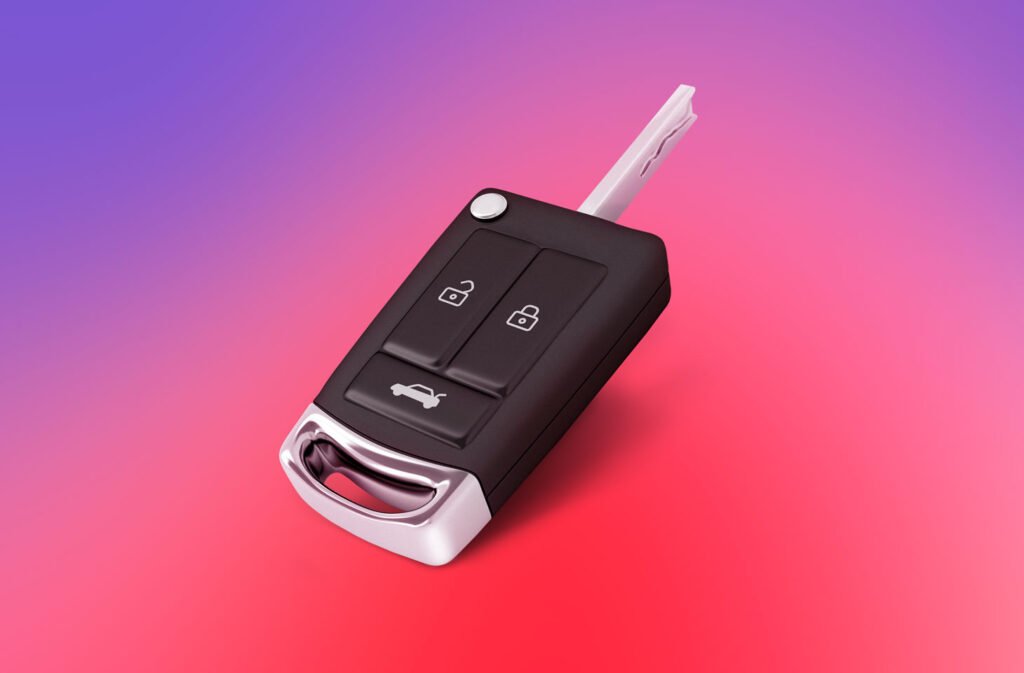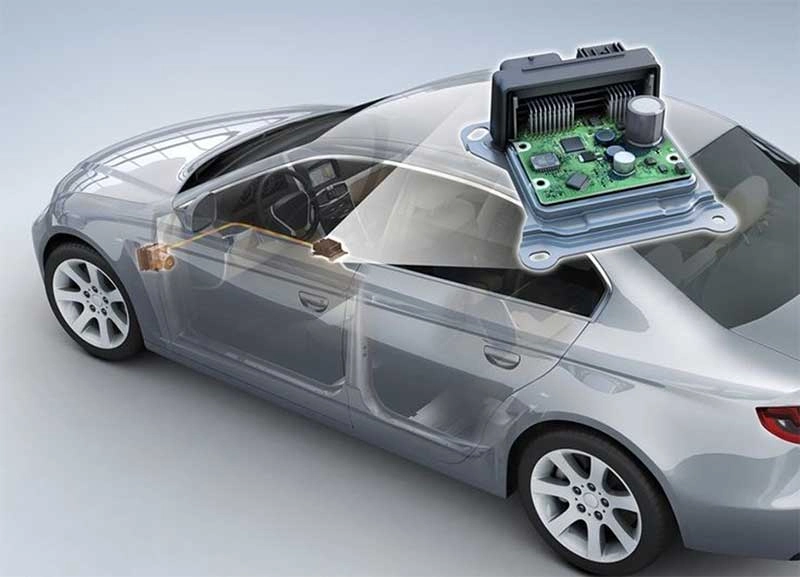How Effective Are Immobilisers Compared To Car Alarms?

Automobile theft and totalling one’s vehicle are every automobile owner’s worst nightmare. To avoid this, individuals adopt a variety of precautions. From hiring security to parking in private areas. Their concerns are reasonable, yet such actions are not feasible. Everybody can pay for a guard, and confidentiality isn’t always accessible. An immobiliser key can solve this issue.
An Immobiliser Key: What Is It?

Car alarms and immobilisers are often confused. There is a distinction among the two, though. An audio system designed to notify people of any unauthorised access is called an alarm. An immobiliser which can bought via ghost immobiliser London, on the other hand, is a security device that locks your vehicle for anybody but you. Alarms can be compared to a guard dog which barks at trespassers. An immobiliser, however, is like a lock on your gate. It first appeared in the 1980s and swiftly established itself as a mainstay in the automotive sector. The definition of “immobilise” is to stop movement. The function of an immobiliser is similar. An automobile’s built-in anti-theft mechanism keeps unwanted people out. Till the car recognises its official key, the engine won’t start. They are not going to able to turn on your car even if they manage to get inside.
How do they operate?

Your car’s Electronic Control Unit (ECU) receives a code from your key or fob each time you try to begin it, allowing the engine to get going. You can access your car using the code which is supplied to you, which functions somewhat like a password. Your car cannot start if somebody else tries to start it with a different key since the code that is transmitted to the ECU won’t match. By turning off essential parts like the starter motor or ignition, the immobiliser essentially renders the car immobile. Certain immobilisers also can turn on the automobile alarm to attract attention when the incorrect code or no code is detected. Some of the most recent high-end models additionally send a signal to a law enforcement agency, alerting the driver to an attempted theft.
How well does it work for your vehicle?

One benefit of the immobiliser is the fact that the owner of the vehicle does not need to trigger it. It operates automatically, and the computer control in the automobile recognises any incorrect codes and keyless entry. Immobilisers do have certain weaknesses, though. Particularly with contemporary autos, programming a new key is quicker than attempting to copy an existing one. An immobiliser is a crucial component, and in many European nations, it is required for an automobile to have one. According to recent research, immobilisers have decreased global auto theft rates. The survey found that between 1995 and 2008, there was a 40% decrease in auto theft.
Does It Work?
Humans are accustomed to making mistakes. The fact that immobilisers don’t require activation is a significant benefit. Any abnormality is automatically detected. Automobile theft is effectively deterred by it. But it’s a good idea to keep in mind that, like auto developers, vehicle thieves progress over time. Every time there is a new advancement in safety, criminals discover a new weakness. Nevertheless, research indicates that the use of immobilisers has decreased auto theft. A 2016 study claims that the use of immobilisers has reduced auto theft by 40% worldwide.
Are Car Alarms Less Effective Than Immobilisers?

Generally speaking, immobilisers are more effective than car alarms. The main explanation for this is that immobilisers stop the automobile from being driven away, and that’s what most auto thieves want to do in the end. The immobiliser will prevent a burglar from igniting the engine, making their efforts pointless even if they are successful in breaking into the vehicle. Although useful in some circumstances, car alarms have lost some of their effectiveness over time as a result of desensitisation. A car alarm’s deterrent value is diminished in crowded urban locations since the sound is frequently disregarded. Furthermore, skilled thieves may swiftly turn off car alarms, particularly those from earlier models which don’t have the latest anti-tampering technologies. Nonetheless, a complete car security system still includes automobile alarms. They may supply both active and passive protection whenever paired with an immobiliser, which makes it much more difficult for criminals to take the car. When a burglar tries to enter, the alarm will sound, and in the event they are successful, the immobiliser will stop them from taking off.
Conclusion
The capacity of immobilisers to stop a vehicle from getting away causes them to typically win the struggle against car alarms. Vehicle alarms can alert people to unwanted entry and act as a deterrent, but over time, alarm fatigue as well as the ease with which highly skilled thieves can turn them off have reduced their usefulness. Nevertheless, it is advised to use both systems together for optimal protection. Car alarms may warn owners of possible dangers and discourage inexperienced thieves, while immobilisers offer strong, silent security. Auto owners can greatly lower their risk of theft and guarantee the security of their vehicles by combining the two.


